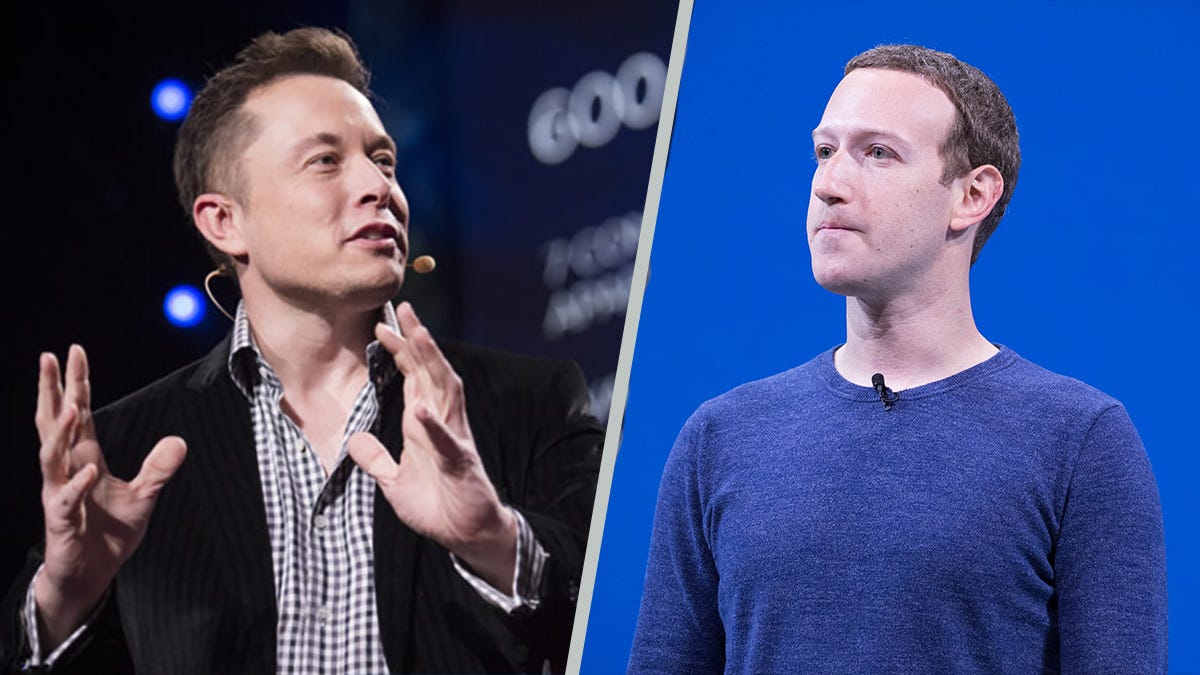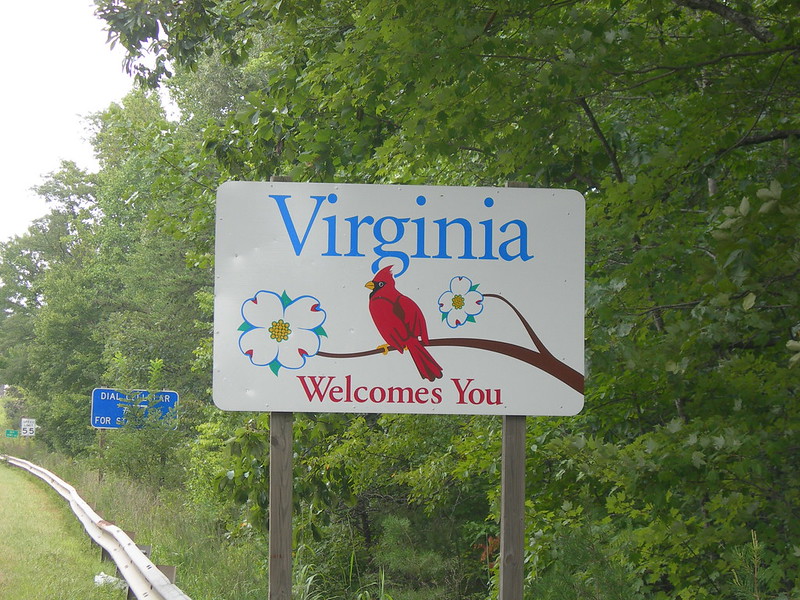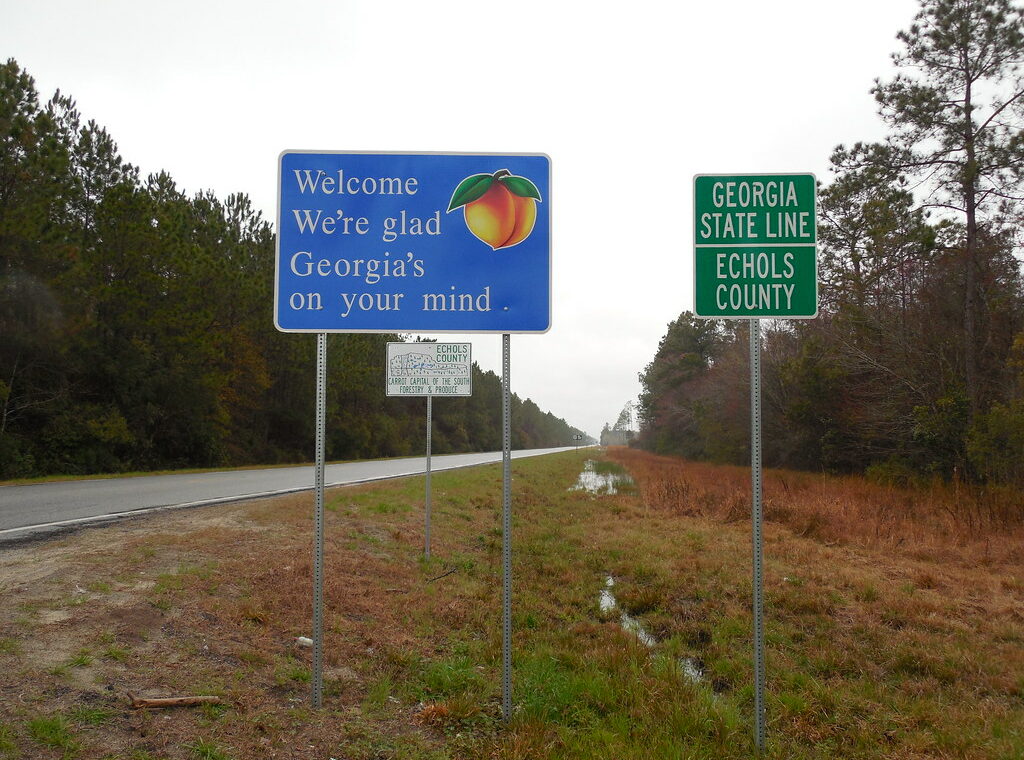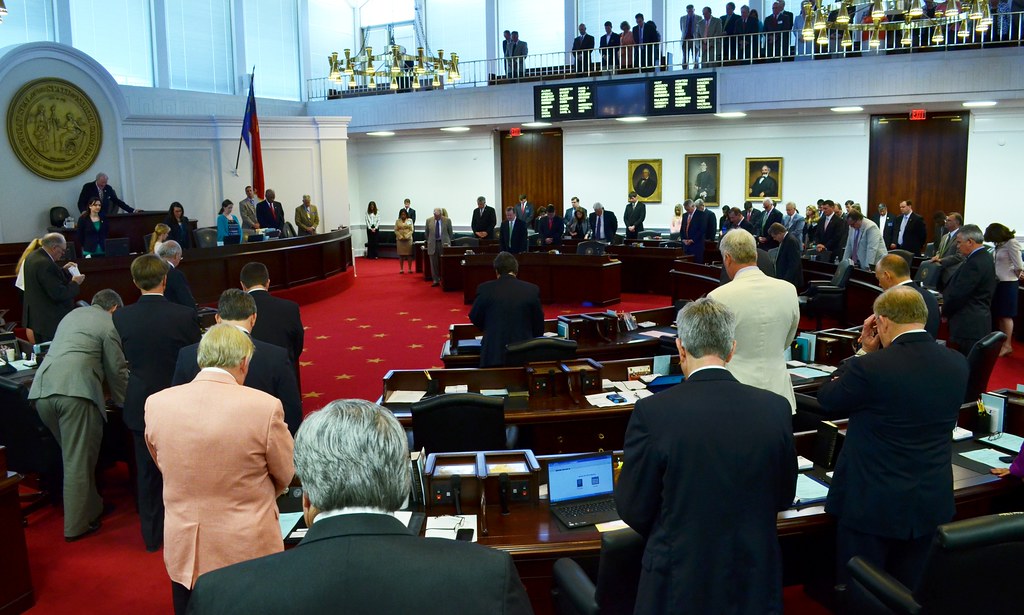U.S. lawmakers question Meta and X over AI-generated political deepfakes ahead of 2024 election
Google was the first big tech company to claim it would place new labels on deceptive AI-generated political advertisements that could fake a candidate's voice or actions; some U.S. lawmakers are now calling on X, Facebook, and Instagram to explain why they aren’t doing the same. Senator Amy Klobuchar of Minnesota and Representative Yvette Clarke of New York have sent a letter to Meta CEO Mark Zuckerberg and X CEO Linda Yaccarino expressing concern about the emergence of AI-generated political ads on their platforms.Visit
Newsom taps Laphonza Butler as interim pick to fill Sen. Feinstein’s seat
Governor Gavin Newsom announced Sunday that he plans to appoint Laphonza Butler to fill the Senate seat left vacant after Dianne Feinstein’s passing. Butler previously served as a labor leader and as advisor to Vice President Kamala Harris’ presidential campaign. Butler had most recently been working as the president of EMILY’S List, a political action committee working to elect Democrat pro-choice women. Visit ABC News to learn moreImage Credit:Wikimedia Commons (PMD 1.0 DEED)
Democrats, Republicans release dueling abortion ads in high-stakes Virginia elections
Democrats and Republicans have released opposing ads on abortion in Virginia, a hot button issue at the center of the highly contested races for positions within the Virginia legislature. Virginia Republicans released an ad titled “No Limits” claiming that Democrats are attempting to make late term abortions “the rule and not the exception.” Virginia Democrats on the other hand released numerous ads across the state emphasizing that if Republicans gain full control of the Virginia Assembly they would institute a state wide abortion ban.
Trump co-defendant Scott Hall pleads guilty in Georgia election case
Scott Hall, one of the 18 defendants charged with former President Donald Trump for allegedly interfering with the 2020 presidential election in Georgia, pled guilty last week. Hall entered a guilty plea to five counts of conspiracy to commit intentional interference with performance of an election and has been sentenced to five years probation, he has also agreed to testify in related hearings and trials. Visit NBC News to learn moreImage Credit:Jimmy Emerson, DMV (CC BY-NC-ND 2.0 DEED)
Ignoring 62% of voters, North Carolina Republicans Overhaul Elections Board with Senate Bill 749
North Carolina Republicans recently sent Senate Bill 749 to Democratic Governor Roy Cooper’s desk; the bill passed by a 26-17 vote, entirely along party lines. Though Governor Cooper has vowed to veto the bill, North Carolina’s Republican legislators recently gained a veto-proof supermajority practically guaranteeing the bill will become law. The bill will potentially change election administration in the state dramatically, and opponents of the bill are concerned it may lead to cuts in early voting locations and the time period where voters can





